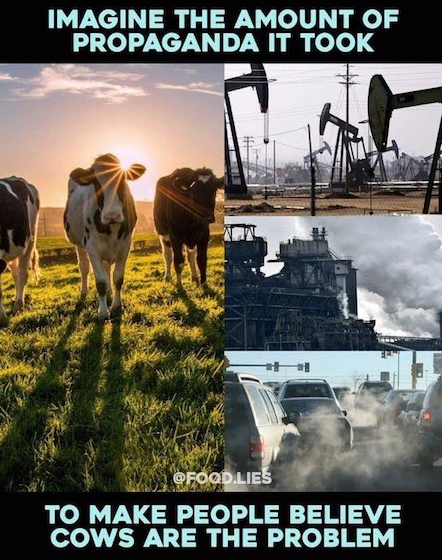New York Times essay says you should mate with short people to save the planet
A guest essay for the New York Times insisted that
being short is “better” for the future to the amusement of several Twitter users on Sunday and Monday.
Author Mara Altman penned the essay remarking that not only do shorter people tend to live longer, but they’re also crucial in conserving food and resources on our dying planet.
“The short are also inherent conservationists, which is more crucial than ever in this world of eight billion. Thomas Samaras, who has been studying height for 40 years and is known in small circles as the Godfather of Shrink Think, a widely unknown philosophy that considers small superior, calculated that if we kept our proportions the same but were just 10 percent shorter in America alone, we would save 87 million tons of food per year (not to mention trillions of gallons of water, quadrillions of B.T.U.s of energy and millions of tons of trash),” she wrote.
Altman continued, “Short people don’t just save resources, but as resources become scarcer because of the earth’s growing population and global warming, they may also be best suited for long-term survival (and not just because more of us will be able to jam into spaceships when we are forced off this planet we wrecked).”
Altman went as far as to suggest people begin purposefully mating with shorter people in order to produce a shorter society.
“
When you mate with shorter people, you’re potentially saving the planet by shrinking the needs of subsequent generations. Lowering the height minimum for prospective partners on your dating profile is a step toward a greener planet,” she wrote.
The article’s headline as well as the subject was heavily mocked on Twitter for linking height to saving the planet from climate change.
“Someone short and single is writing op-eds for The New York Times,” Babylon Bee owner Seth Dillon joked.
Former Washington Post reporter Christopher Ingraham wrote, “thought this was a high-quality s–tpost but no, it’s a real op-ed from today’s NYT.”
“Very heightist of you, @nytimes,” Former Virginia Rep. Scott Taylor tweeted.
“’
He’s even restricted dairy from his sons’ diets and only allows them minimal sugar in an attempt to limit their growth, saving them from the ills of height.’ Anyone else thinks things are getting pretty weird around here?” writer Caitlin Flanagan asked.
Journalism professor John Schwartz joked, “Sing to me, o muse: ‘
short is better, and it is the future.’”
“I’m going to
quietly stick with being tall,” journalist Benjamin Ryan wrote.
The New York Times was previously criticized for profiling an advocate calling for “voluntary human extinction” in reaction to climate change and a growing global population.







